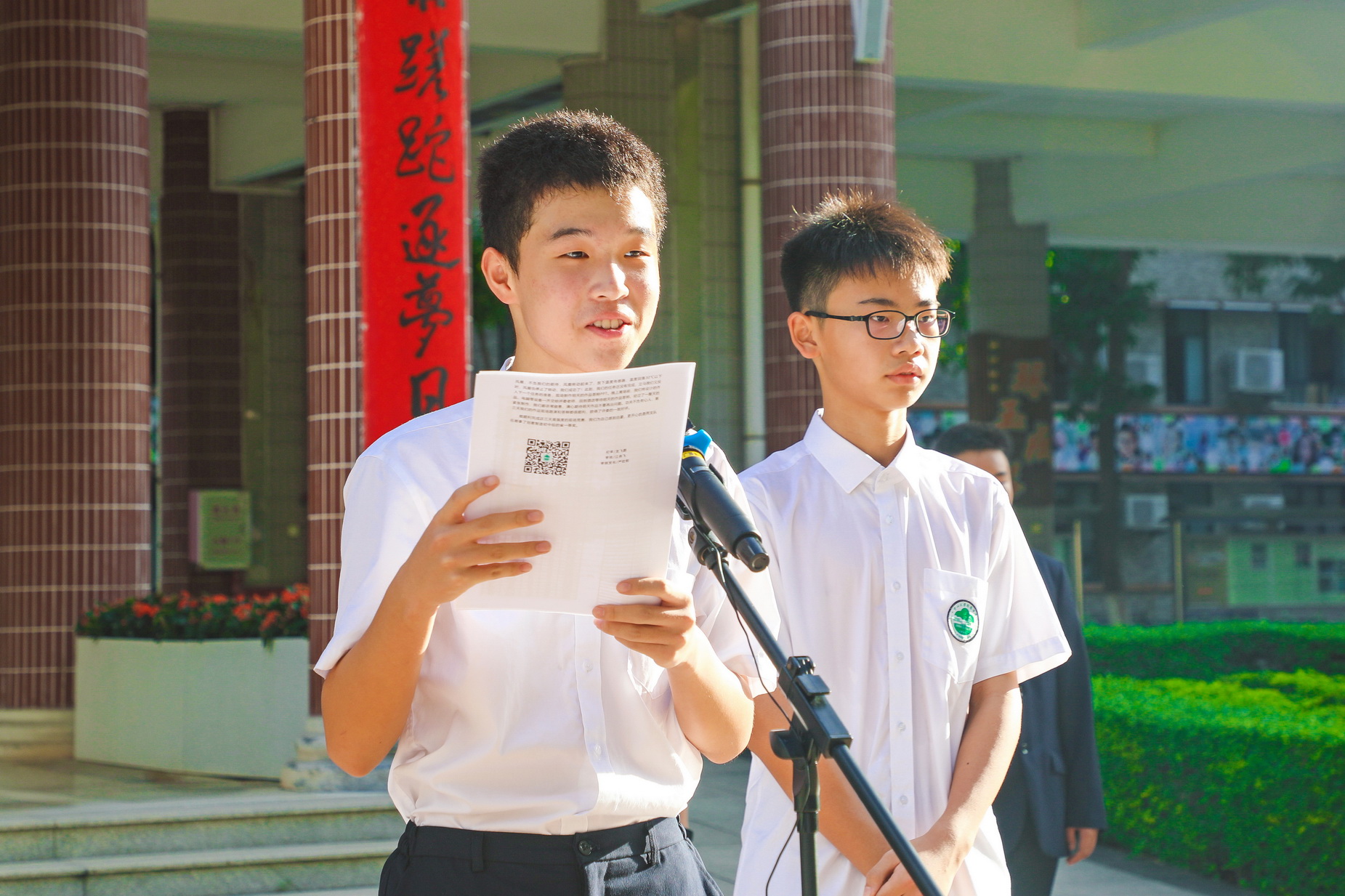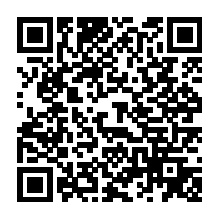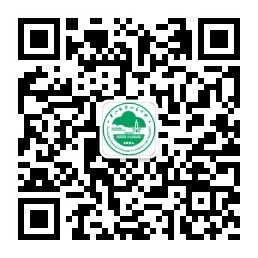【国旗下讲话】能否更广泛实施项目式学习
How to implement project - based learning more extensively
Honorable teachers and esteemed schoolmates, good morning.
My speech topic is ‘How to implement project- based learning more extensively’
I have been to the Harvard Model United Nations for 4 days on the topic of UNESCO's Education challenges on South & East Asia. As a student and a representative, I was deeply inspired by the Academic atmosphere of HMUN, and as the delegation of China, I have some thoughts on our current learning methods .
Exam-based education has played a role in education equality, it has also contributed to a relatively high quality of education. but in our daily learning activities ,there’s a lack of innovation and comprehensiveness. We learn lots of complicated geometric figures, memorized tons of tedious concepts, and used a dozen cumbersome mathematical formulas ,but the knowledge isn’t used in other subjects. Let me give you an example: We often come across the vehicle travel problems during our study in various grades. But we only keep it within the two subjects of mathematics and physics.The examination methods are also the same.
So it’s time to introduce Project Based learning If we transform it into a "project - based" form ,it will be completely new :Integrate mathematical travel formulas and modeling, physical analysis of motion states, geographical route surveying and mapping, information technology’s data visualization, and language subjects’ integrating data and reporting and etc. And we can use the method of “ FSTO ”, meaning“Find problem”, “Solve problem”,“Test result”and “Output Result”. This will cultivate comprehensive application and innovation abilities. Moreover, field trip activities can also help students improve their physical fitness. Isn't this a way to achieve twice the result with half the effort?
I have personally been through a successful project - based learning experience ,our school gave an ‘Integrate intelligent class’ the first term of 2024, the subject of the lesson is ‘how to write science - fiction with Maths - based knowledge’. And also a school called `High Tech High' in the Us used project - based - education wisely. They let students themselves design artworks out of mathematical models like calculus. There are so many successful examples that I can give, and in common, they all developed students' ability to cultivate high - order abilities(培养高阶能力), strengthen social connections, and last but not least, stimulate interest in learning.
As a diverse and inclusive school, we can try programming projects in our homework and classes. My personal advice is to give one of the fused homework one or two weeks a time. If it's suitable for us, maybe we can increase the frequency of this kind of homework to slowly take the place of ordinary homework. And for classes, we can use the method for fusion classes on school opening days to give the same teaching multi - subject - classes on ordinary school days.
But high - quality education needs a high pay. First, we need high - ability teachers .Teachers who are proficient in multi - disciplinary knowledge(多-学科知识) and possess project co - ordination capabilities(项目统筹能力), but I believe that with the professional competence of the teachers in our school, this challenge can definitely be overcome ; And the second problem is vague evaluation criteria. This can be accomplished by leading the class to a democratic vote. The evaluation criteria can be established from multiple dimensions, such as creativity, knowledge application, and teamwork. Teachers need to guide students to conduct objective voting without personal emotions to assess the scores students deserve.
Just as I saw at HMUN, where young people solved global issues through collaborative exploration, project-based learning can empower us to grow into versatile, creative individuals. Let’s take this step together to improve the quality of education.Thank you.

韩一苇国旗下演讲,张皓铭同步翻译
老师们、同学们:
早上好!我是初二1班的韩一苇。今天,我讲话的主题是:能否更广泛实施项目式学习?
这个暑假,我参加了为期4天的哈佛模拟联合国活动。我们聚焦“东亚、南亚的教育挑战”话题。在和队友思维碰撞的过程中,结合我自己的亲身体验,我对我们当下学习方法和方式有一些思考。
应试教育解决教育公平起到了作用,也促成了较高的教育质量,可是在日常学习和考试生活中,我发现,学习内容缺乏综合性和创新性,知识单一化、狭窄化,很难提升学生的实践能力。我们在数学中学习各种复杂的几何图形,背各种繁琐的概念,却无法在现实中与其他学科联合使用。比如:关于车辆行程问题,我们只是停留在数学、物理两个科目的课堂学习上,而且考试方式也基本就是卷面形式,比较枯燥单一。
于是,我联想到了之前接触的项目式学习。如果将这类问题进行“项目式”改造,那么它就会焕然一新。车辆行程问题涉及数学(行程公式与建模)、物理(运动状态分析)、地理(路线测绘)、信息技术(数据可视化)、语言学科(综合数据与汇报)等等多学科知识。如果融合 “问题调研 - 方案设计 - 模拟验证 - 成果输出” 四个阶段,就能培养综合应用与创新能力。且实地考察活动还能让同学们增强体质,这难道不是一种事半功倍的好办法吗?
我也经历过一个成功的项目式学习案例——2024年上半学期,我们学校的一次融合智慧课堂内容是:如何在科幻作文中使用数学基础知识?还有,美国一所叫“High Tech High”
的学校要求学生使用微积分、函数等数学模型来设计艺术作品。我还可以给出更多成功的案例。这些成功案例的共同点是:培养高阶能力、强化社会联结、激发学习动力等。
我希望我们的学校更包容和开放,能设计出更多的项目式学习作业,学生可以在课堂和课后尝试。比如,每1~2周布置一次融合项目式作业。如果这些作业适合我们的话,可以提高布置频率以逐渐替代单科分离式作业。老师们可以多设计像在开放日展示的“融合课”那样的课例。
当然,高质量的教育方式“价格昂贵”,第一,教师需要掌握多学科知识并具备项目统筹能力,但我相信凭借我校教师的专业素养,这一挑战完全可以克服;第二,如何评价项目式学习的效果?这个可以主要听取学生意见,同学们可以从多维度考虑,如创意、知识运用、团队协作等。老师需引导学生们不夹带私人情绪,客观地评价学生学习效果。
总而言之,我认为项目式学习是一种兼具创新性、综合性的实践型教育方式,它可以增强学生的多向思考能力,是应对现在教育问题的一个不错的办法。
我的讲话到此。谢谢大家!


